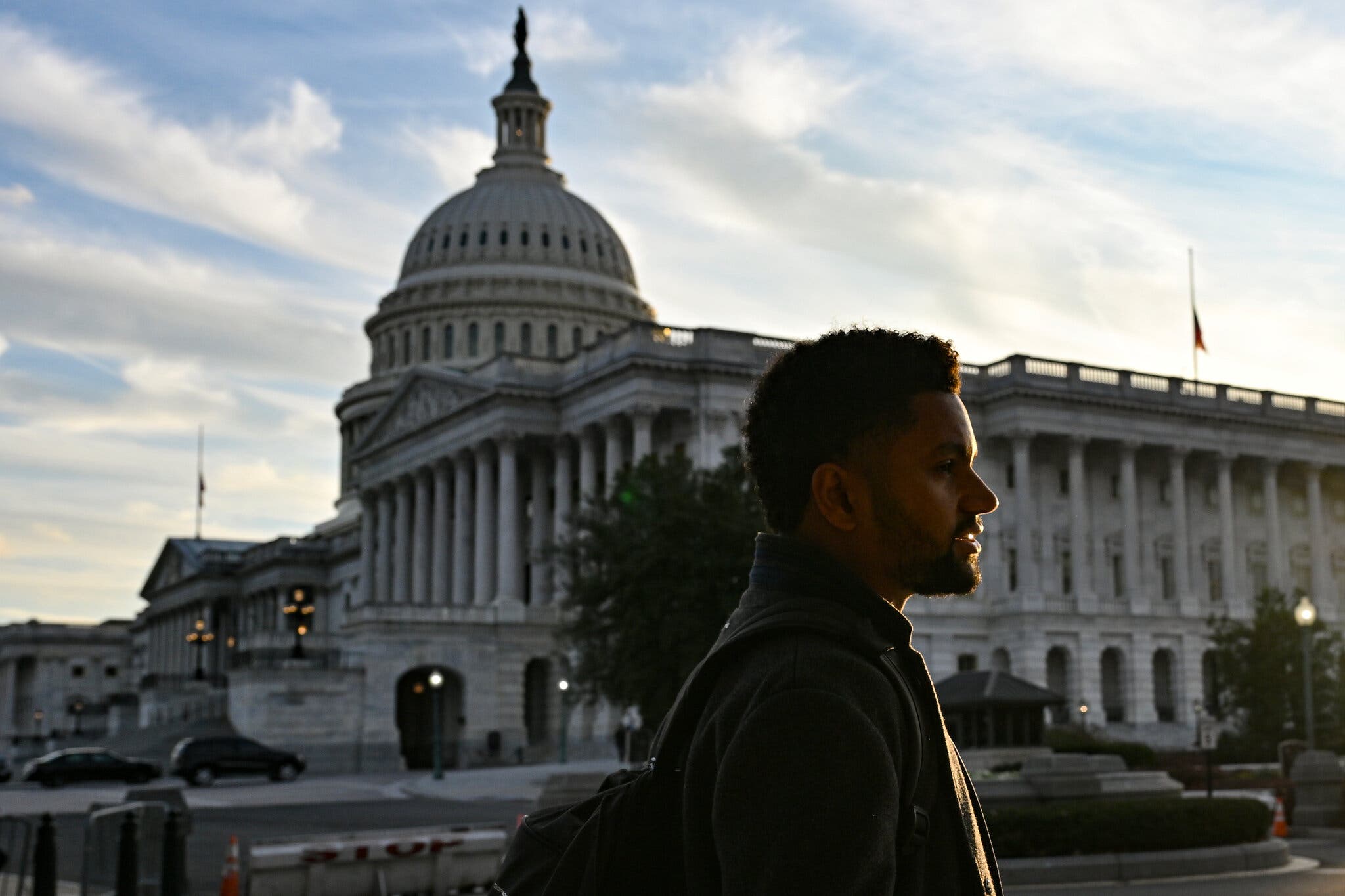It’s time to censure Clarence Thomas
Say It Louder
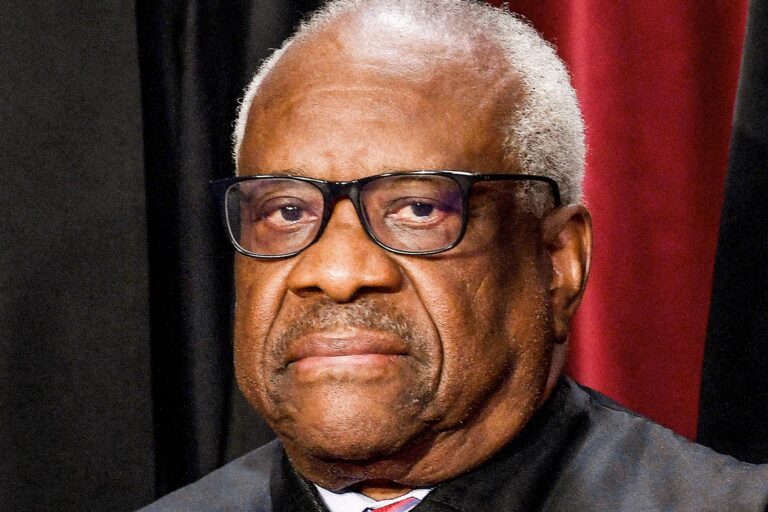
Justice Clarence Thomas has openly flouted the federal law that requires all federal judges, including Supreme Court justices, to recuse themselves from cases in which they cannot be impartial: He has participated in a case in which his wife, Ginni, undeniably has an interest. For a long time, it has felt like there is nothing to be done about this—conventional wisdom says that short of impeachment, Supreme Court justices are immune from penalties for their misconduct. But that is wrong.
Thomas’ eight colleagues have the tools to protect the court’s integrity: They can publicly censure him, bar him from being the decisive vote in cases in which he should have recused, and take away his power to author majority opinions. Whether they will take action is a different story, which may explain why the court’s reputation is at a historic low.
Read the Story on Slate
The Supreme Court needs real oversight
Speaking Of...
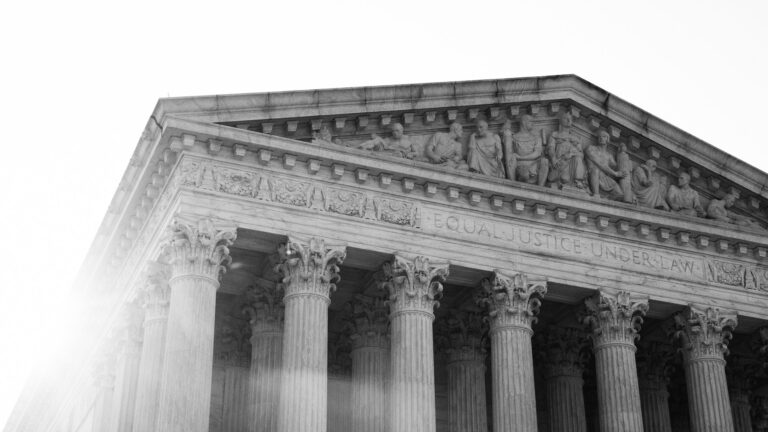
Glenn Fine was formerly the inspector general of the Department of Justice and the acting inspector general of the Department of Defense.
A series of recent events at the Supreme Court threatens to undermine trust and confidence in the institution and demonstrates the need for it to have a code of ethics and for better oversight within the judiciary.
In May, in what Chief Justice John Roberts called a “betrayal” and an “egregious breach of … trust,” a draft of the Dobbs opinion overruling Roe v. Wade was leaked. More recently, The New York Times reported that the results of a 2014 Supreme Court decision may also have been leaked. And Justice Clarence Thomas’s decision not to recuse himself, without any explanation, in rulings related to his wife’s actions has raised additional concerns.
These incidents and how the Court polices itself—or fails to police itself—place the public’s confidence in the judiciary at further risk. Trust in the Supreme Court has recently plummeted to historic lows. According to a Gallup poll this past summer, only 25 percent of U.S. adults say they have “a great deal” or “quite a lot of” confidence in the Court. This is a decline of more than 11 points in the past year alone, and the lowest numbersince Gallup began its survey 50 years ago.
Read the story on The Atlantic
The most conservative justices just got humiliated
More of This
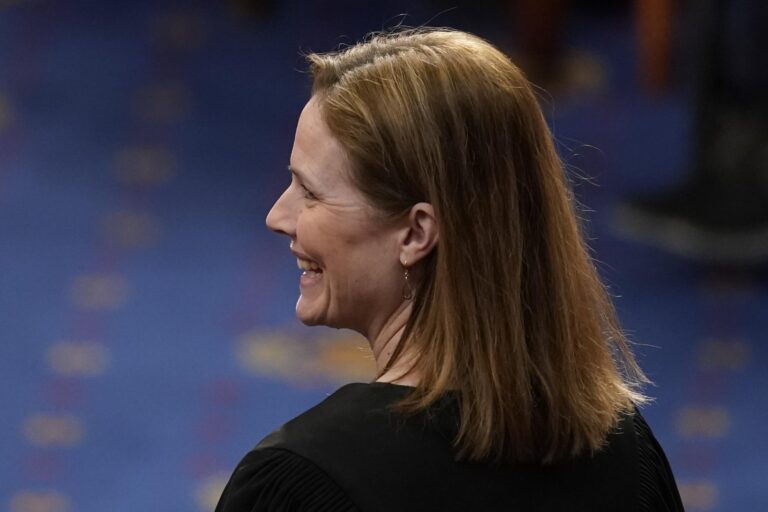
After three hours of oral arguments at the Supreme Court on Wednesday, only one thing is certain: If the justices want to blow up federal elections, they will have nothing to hide behind—not history, not logic, and certainly not the Constitution. The three lawyers defending democracy methodically dismantled the “independent state legislature” theory from every conceivable angle, debunking each myth, misreading, and misrepresentation deployed to prop it up. They bested the conservative justices who tried to corner them, identifying faulty reasoning and bogus history with devastating precision.
Those of us who’ve been ringing the alarm over this dangerous theory—and who’ve been disgusted by the campaign to drag it from the far-right fringe all the way to the Supreme Court—can take solace that these capable lawyers exposed it as an utter fraud. This idea was at the center of Donald Trump’s efforts to overturn the 2020 election, so it was a relief to hear five justices sound deeply skeptical that it has any basis in the Constitution. It is far too early to celebrate the demise of the independent state legislature theory, since four justices have already endorsed it. But the skepticism it faced at arguments suggests that democracy has a fighting chance of survival.
Read the story on Slate
Gen Z comes to Capitol Hill
Even More of This
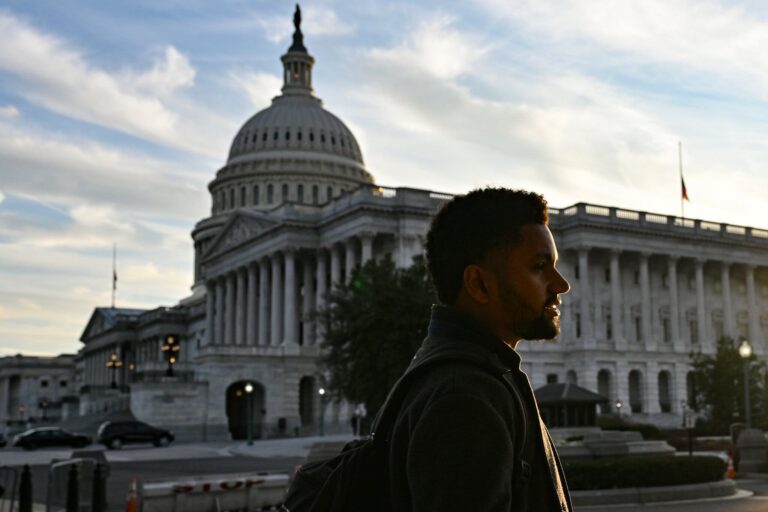
He is a fan of early-2000s rock, which was popular when he was in kindergarten. He is still working to get his undergraduate degree. And he is couch surfing to save money as he starts his new job, which is representing Florida’s 10th Congressional District in the United States House of Representatives.
Representative-elect Maxwell Frost, a 25-year-old Afro-Cuban progressive activist from Orlando, is about to be the youngest member of Congress. He has swapped the megaphone he once used to lead protests for a seat in one of the nation’s most powerful institutions, where he will be the first member of Generation Z to serve.
In a body where the average age was more than twice his (58.4 years old in the most recent Congress), Mr. Frost is starting with a keen sense of mission.
“I think we all have this call to action, and you feel like you have to do something,” he said on a recent Wednesday, as he made his way to a hotel room to freshen up before getting his official head shot taken.
Read the story on NY Times
The Conservative Legal Movement
Virtual Event December 13
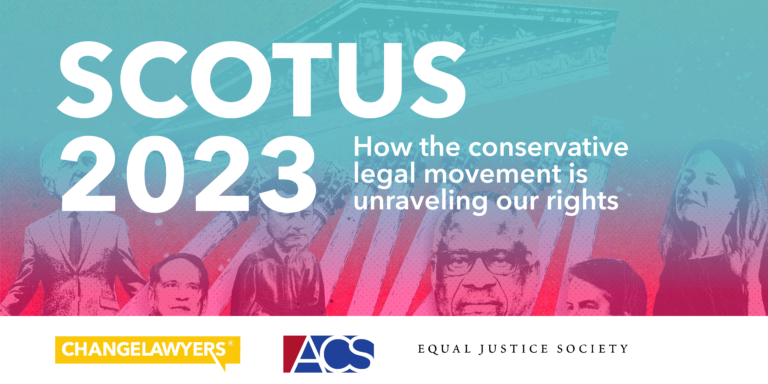
Featuring Dean Erwin Chemerinsky. Register here




